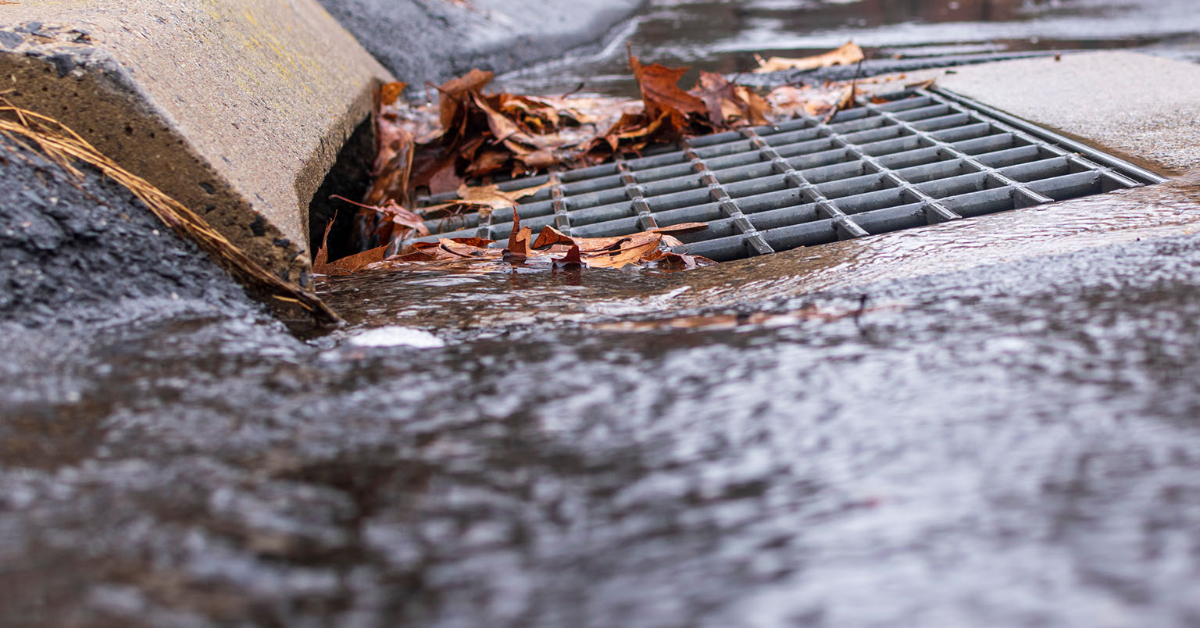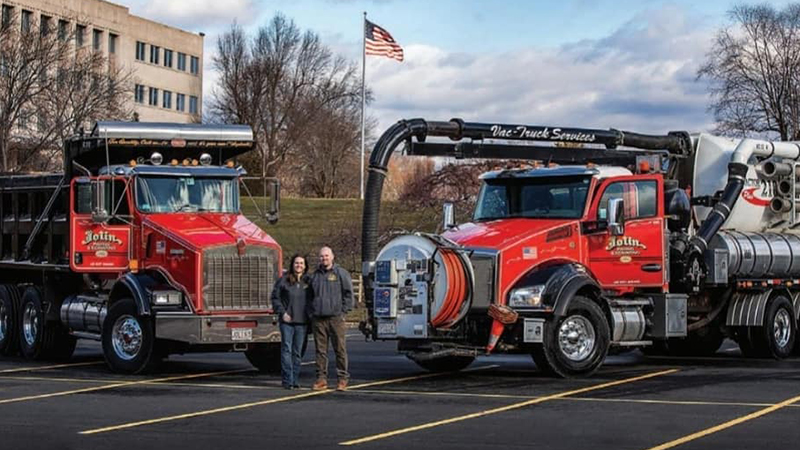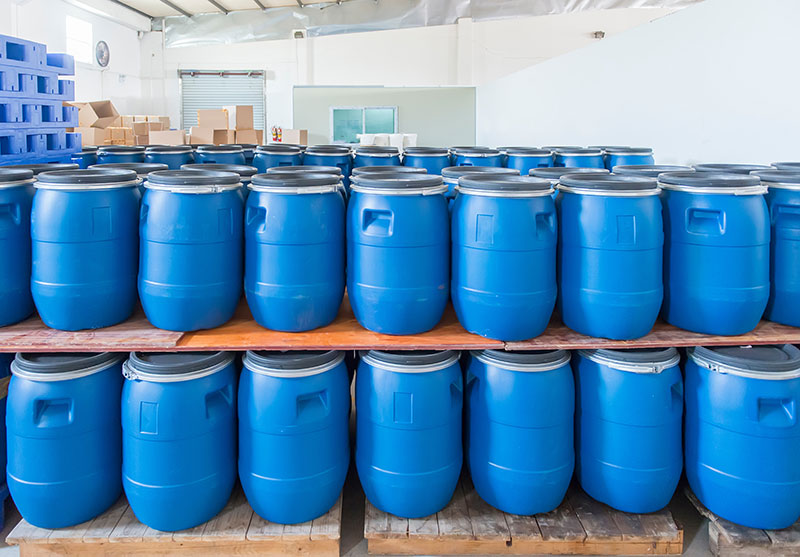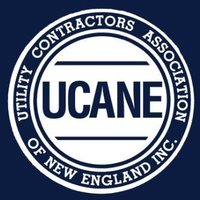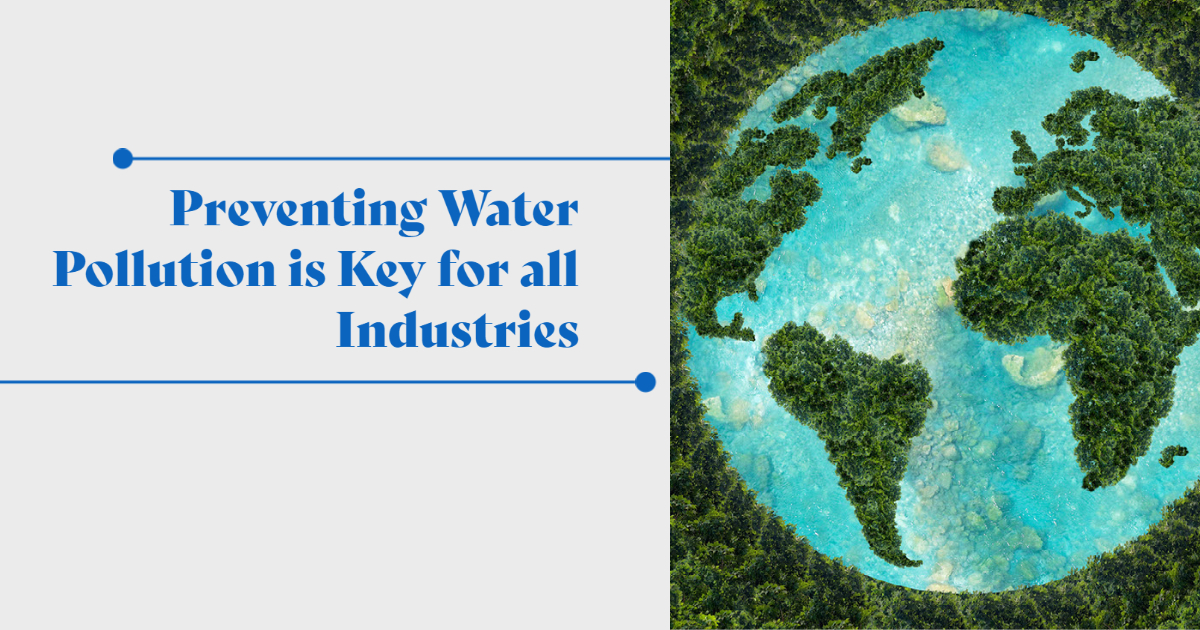
Preventing Water Pollution is Key for all Industries: Water pollution poses a significant threat to ecosystems, human health, and the sustainability of our planet. Industries, in particular, play a crucial role in preventing water pollution by implementing effective pollution control measures. By prioritizing responsible practices and adopting advanced technologies, industries can minimize their impact on water resources and contribute to a cleaner and healthier environment.
-
Efficient Wastewater Treatment: One of the primary ways industries can prevent water pollution is through efficient wastewater treatment. Implementing robust treatment systems allows for the removal of harmful substances and contaminants from industrial wastewater before it is discharged into water bodies. By utilizing advanced techniques such as biological treatment, chemical precipitation, and filtration, industries can significantly reduce the pollution load in their effluent, protecting aquatic ecosystems.
-
Proper Disposal of Non Hazardous Materials: Industries must adhere to strict regulations and guidelines for the proper disposal of non hazardous materials. Preventing water pollution requires responsible management of chemicals, oils, solvents, and other potentially harmful substances. Implementing spill prevention and response plans, using secondary containment systems, and ensuring proper storage and disposal practices are critical in preventing these substances from entering waterways.
-
Storm water Management: Industries need to implement effective storm water management strategies to prevent water pollution. Contaminated storm water runoff can carry pollutants such as sediment, oils, heavy metals, and chemicals into nearby water bodies. Implementing best management practices such as sediment and erosion controls, vegetative buffers, and detention basins can effectively minimize the pollution potential of storm water runoff.
-
Water Conservation and Efficiency: Conserving water and improving efficiency in industrial processes is another vital aspect of preventing water pollution. By reducing water consumption, industries can decrease the volume of wastewater generated and, in turn, the pollutants discharged. Implementing water-saving technologies, optimizing water use, and recycling or reusing water within the production cycle can significantly minimize the overall environmental impact.
-
Spill Prevention and Response: Industries should prioritize spill prevention and have effective response plans in place to swiftly address any accidental releases. Prompt containment, cleanup, and reporting of spills are crucial in preventing pollutants from entering water bodies. Regular employee training and inspections, coupled with well-maintained equipment and storage facilities, can significantly minimize the risk of spills and mitigate potential water pollution incidents.
-
Environmental Monitoring and Compliance: Regular monitoring of water quality parameters and compliance with regulatory standards are essential for preventing water pollution. Industries should conduct thorough monitoring of their effluent to ensure that it meets applicable water quality guidelines. By investing in comprehensive monitoring programs and staying informed about evolving regulations, industries can proactively identify and address any potential pollution concerns.
-
Collaboration and Sustainability Initiatives: Collaboration among industries, government agencies, and environmental organizations is key to preventing water pollution on a larger scale. Engaging in sustainability initiatives, participating in voluntary environmental programs, and sharing best practices can foster collective efforts towards minimizing water pollution. By collaborating and learning from one another, industries can continuously improve their pollution prevention strategies.
In conclusion, preventing water pollution is a critical responsibility for all industries. Through efficient wastewater treatment, proper disposal of hazardous materials, effective storm water management, water conservation, spill prevention and response, environmental monitoring, and collaboration, industries can make significant strides in protecting water resources. By embracing responsible practices and adopting sustainable approaches, industries can play a vital role in preserving water quality, safeguarding ecosystems, and ensuring a healthier future for all.
If you have any questions about why preventing water pollution is key for all industries, or would like to schedule an appointment we are happy to help. Please contact us today! Jolin Paving & Excavating, Inc. is your New England connection for a vast variety of environmentally related services. Our company has been serving Boston Massachusetts, Southern NH, VT & ME as well as Northern CT & RI since 1952. Please Contact us to learn more today.
Environmental related issues occur all of the time, and can strike at any time. That is exactly why you need to have a local and reliable environmental services company at the helm and ready to go whenever you actually need them.
Jolin Paving & Excavating, Inc. is a fully licensed and bonded utility contractor that has the ability to pull the proper permits in municipalities across New England.
continue reading

